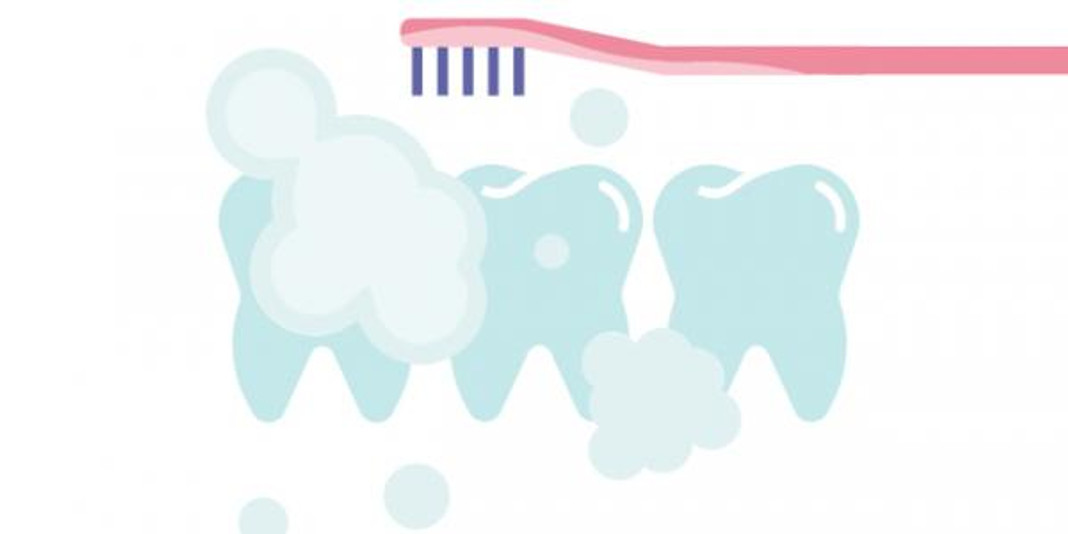
What To Do About Dental Problems
If you have toothache, seeing your dentist face to face is impossible now, due to the risk of transmission of corona virus. However, you may be able to consult a dentist online as practises are urged by NHS England to ‘establish (independently or by collaboration with others) a remote, urgent care service, providing telephone triage for their patients with urgent needs during usual working hours, and whenever possible treating with advice, analgesia and antimicrobial means, where appropriate’.
In these circumstances, ‘it’s vital to understand the nature of urgent and non-urgent needs’, says Dr Richard Marques, a leading London dentist (doctorrichardlondon.com). Here’s his summary:
‘Issues such as a lost filling, dull toothache, mild sensitivity or a small chip in a tooth can all be treated at a later date. Examples of more serious issues that would constitute an emergency include:
- Gums that will not stop bleeding
- Extreme tooth sensitivity or toothache causing constant pain
- A tooth that has been knocked out/is jagged
- Swollen cheeks/gums and general extreme pain from swelling or possible infection.
If you experience any of these serious problems, try calling your dentist in the first instance. If you can’t access your dentist and symptoms continue, call the NHS help line on 111.
If the situation is serious, you may have to go to your nearest A&E but you should only do this on the advice of a medical professional (or NHS111).
In these circumstances, ‘it’s important to try and stay calm because stress will cause the body to react in a way that worsens the symptoms,’ says Dr Marques.
He recommends these simple measures that may ease the problem:
- If your tooth is knocked out, put it in a glass of whole milk until it can be treated. The milk helps keep an acid-alkali ration so the tooth won’t swell, he explains. Change the milk to keep it fresh but try to keep it in a cool place rather than the fridge, unless you have to wait a long time.
- To ease pain, take paracetamol as directed, or ibuprofen (unless you have a problem with this). Alternatively, take homeopathic arnica 30x, one to three times daily for two days or longer; arnica is a natural anti inflammatory. Or take a supplement of turmeric once daily, Turmeric Curcumin C3 Complex.
- If you have areas of swelling, hold an ice pack, or a packet of frozen peas, on the external skin for 20 minutes twice a day.
- To help remove bacteria and clear infection, dissolve 1tsp fine salt and dissolve in warm boiled water; swish around the mouth for 60 seconds. Do this three times a day after meals so after breakfast, lunch and evening meal, then before you go to bed.
- Use an antibacterial mouthwash with hydrogen peroxide for pain and inflammation, eg Colgate Peroxyl Mouthwash from superdrug.com (this is available at time of going to press). Pharmacist Shabir Daya recommends natural Peri Gum Mouthwash Concentrate.
- To help reduce pain, try cloves, which have natural painkilling and antibacterial properties. Simply dab a small amount of clove oil on the affected area inside your mouth. Or rinse two or three dried cloves and place between the offending tooth and your cheek to help kill the pain.
DISCLAIMER: The views, opinions and information expressed in this article and on Victoriahealth.com Ltd are those of the author(s) in an editorial context. Victoriahealth.com Ltd cannot be held responsible for any errors or for any consequences arising from the use of the information contained in this editorial or anywhere else on the site. Every effort is made by the editorial and content team to see that no inaccurate or misleading information, opinion or statement appear, nor replace or constitute endorsement from medical bodies or trials unless specified. Victoriahealth.com Ltd accept no liability for the consequences of any inaccurate or misleading data, information, opinion or statement. Information on Victoriahealth.com Ltd and in the editorials is provided for informational purposes only and is not intended as a substitute for the advice provided by your physician or other healthcare professional. You should not use the information on this website or in the editorials for diagnosing or treating a health concern or disease, or for the replacement of prescription medication or other treatment.
